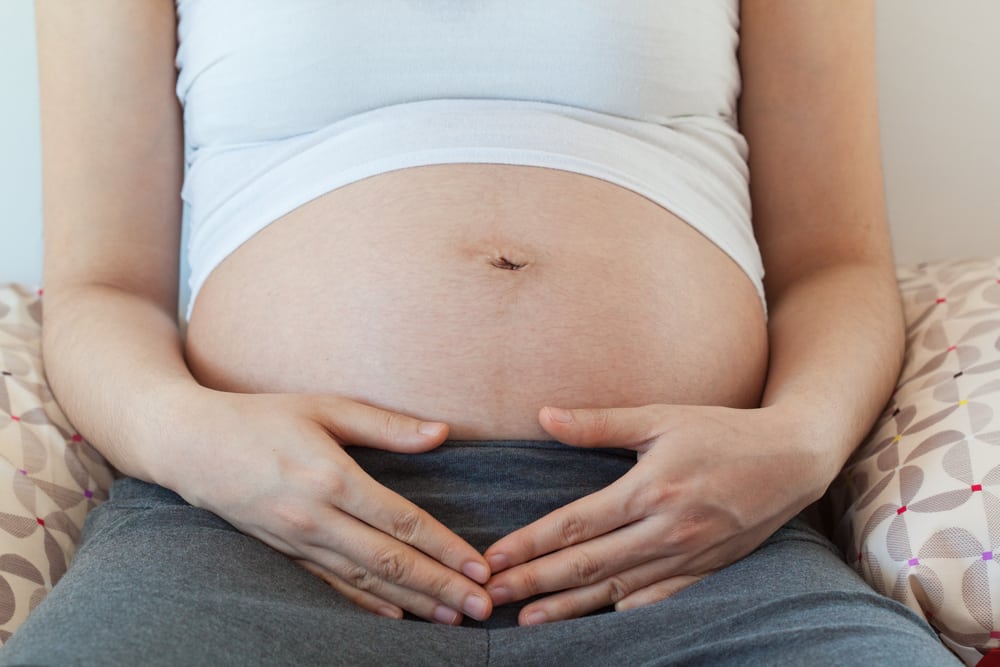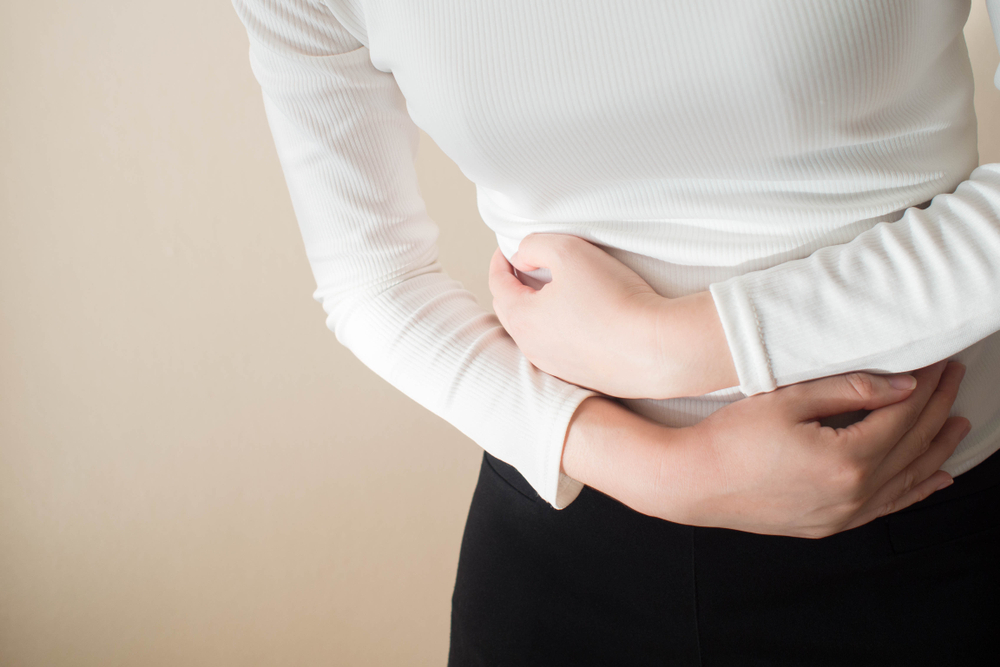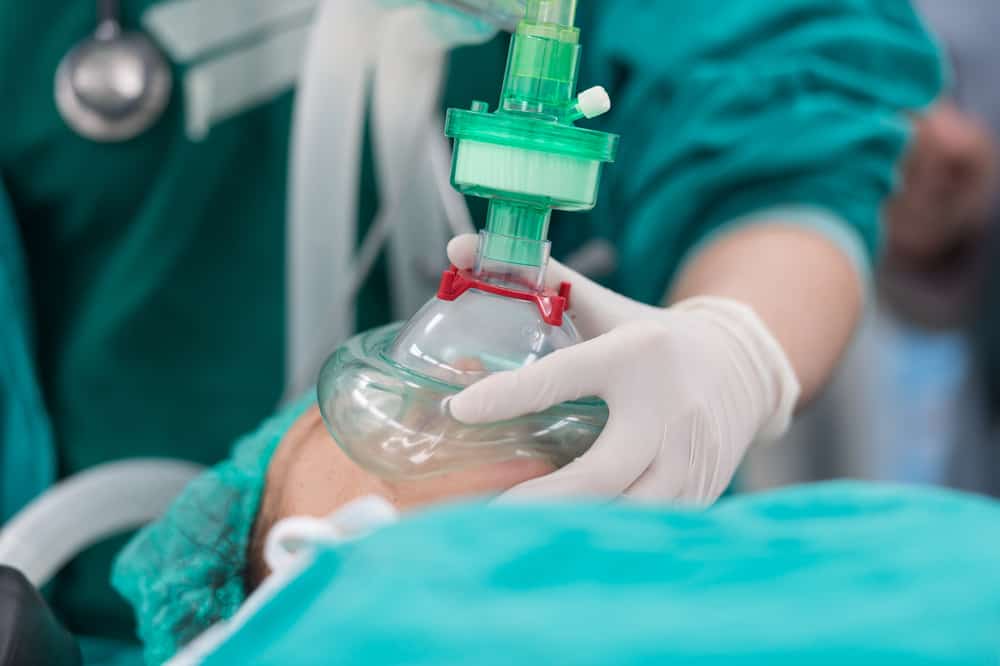Contents:
- Medical Video: Abdominal Massage for Constipation Relief {Things that Make You Go Poo: Part TWO}
- What causes the uterus to enlarge, even though it's not pregnant?
- 1. Presence of uterine fibroids
- 2. Adenomyosis
- 3. Endometrial cancer
- 4. Ovarian cysts
Medical Video: Abdominal Massage for Constipation Relief {Things that Make You Go Poo: Part TWO}
One of the early symptoms of pregnancy is an enlarged uterus, which is marked by an enlarged stomach. Even so, there are several other reasons that might cause the uterus to expand in addition to pregnancy. For example, menopause. Women who are at the age of menopause generally experience this condition. There are also other medical conditions that might be the reason behind the cause of your enlarged uterus,which may be benign or malignant. Here are some information.
What causes the uterus to enlarge, even though it's not pregnant?
1. Presence of uterine fibroids
Uterine fibroids are small lumps or noncancerous tumors found along the uterine wall. According toOffice on Women's Health (OWH) Department of Health and U.S. Services, between 20 or 80 percent of women have fibroids before they are 50 years old. Uterine fibroids often occur in women over 30 years. Women who are overweight or overweight have a greater risk of having fibroids. Hormonal and genetic factors affect the growth of fibroids.
Fibroids can grow as a single or in group tumor. The size of the fibroid is small and weighs a few pounds. In addition to an enlarged uterus, symptoms of uterine fibroids can include:
- Feel full or pressure in the lower abdomen
- Pelvic pain
- Menstrual cycles are heavy, painful, or long-lasting, sometimes by clotting blood
- Inter menstrual bleeding
- Constipation
- Frequent urination
- Pain during sexual intercourse
When the fibroid is small and doesn't worry, surgery may not be needed. If fibroids cause pain and are worrying, a surgical procedure called myomectomy can be used to stop growth. If symptoms are severe, hysterectomy or surgical removal of the uterus may be needed to relieve symptoms. Medications to help control pain during menstruation can also be used. Other treatment options include contraception to reduce bleeding.
2. Adenomyosis
Adenomyosis is a thickening of the uterine wall that occurs when tissue that usually lines the uterus (endometrium) moves outside the muscle wall of the uterus. During the menstrual cycle, muscle cells bleed, causing pain and swelling. Adenomyoma is the swollen part of the uterine wall.
The cause of adenomyosis is unknown. Adenomyosis usually occurs in women over 30 years who already have children and often occur in women who have had uterine surgery, including caesarean section. Apart from enlarging the uterus, the symptoms include:
- Long menstruation or heavy bleeding
- Painful menstruation, which continues to get worse
- Pain during sexual intercourse
This condition occurs mainly in young women who have children. Women in their 30s, especially those who have a caesarean section during labor or those who have had uterine surgery are more likely to develop adenomyosis. If symptoms are not worrying, pain relief medications can be used such as birth control pills and contraceptives containing progesterone can help reduce heavy bleeding. Women with severe symptoms may need a hysterectomy to relieve symptoms.
3. Endometrial cancer
Endometrial cancer, often known as the uterine lining, is the uterine mucous membrane. Endometrial cancer is also one of a list of causes of an enlarged uterus. This is a type of cancer that starts in the cells that form the lining of the uterine wall. An abnormal and uncontrolled cell division in cells to form glandular tissue from the uterine wall causing endometrioid. This condition usually occurs in women over 50 years.
Symptoms include:
- Pain during sexual intercourse
- difficulty urinating
- vaginal bleeding during menstruation or after menopause
Uterus can also be expanded. In such circumstances, the treatment of an enlarged uterus involves surgical removal of the uterus. This approach can also help in the treatment of endometrial cancer.
4. Ovarian cysts
Ovarian cysts are fluid-filled sacs or sacs in the ovary or on the surface of the ovary. Most ovarian cysts are harmless and the majority disappear without treatment for several months. However, in some cases, ovarian cysts can rupture and cause serious symptoms.
Common symptoms of an enlarged uterus caused by ovarian cysts include:
- Pressure and pain in the stomach
- Back pain
- Difficulty urinating
- Pain during menstruation
- Abnormal bleeding
To ensure a diagnosis behind the enlarged uterus that you are experiencing while protecting your health, do a regular pelvic exam and identify symptoms that can indicate a serious condition.












